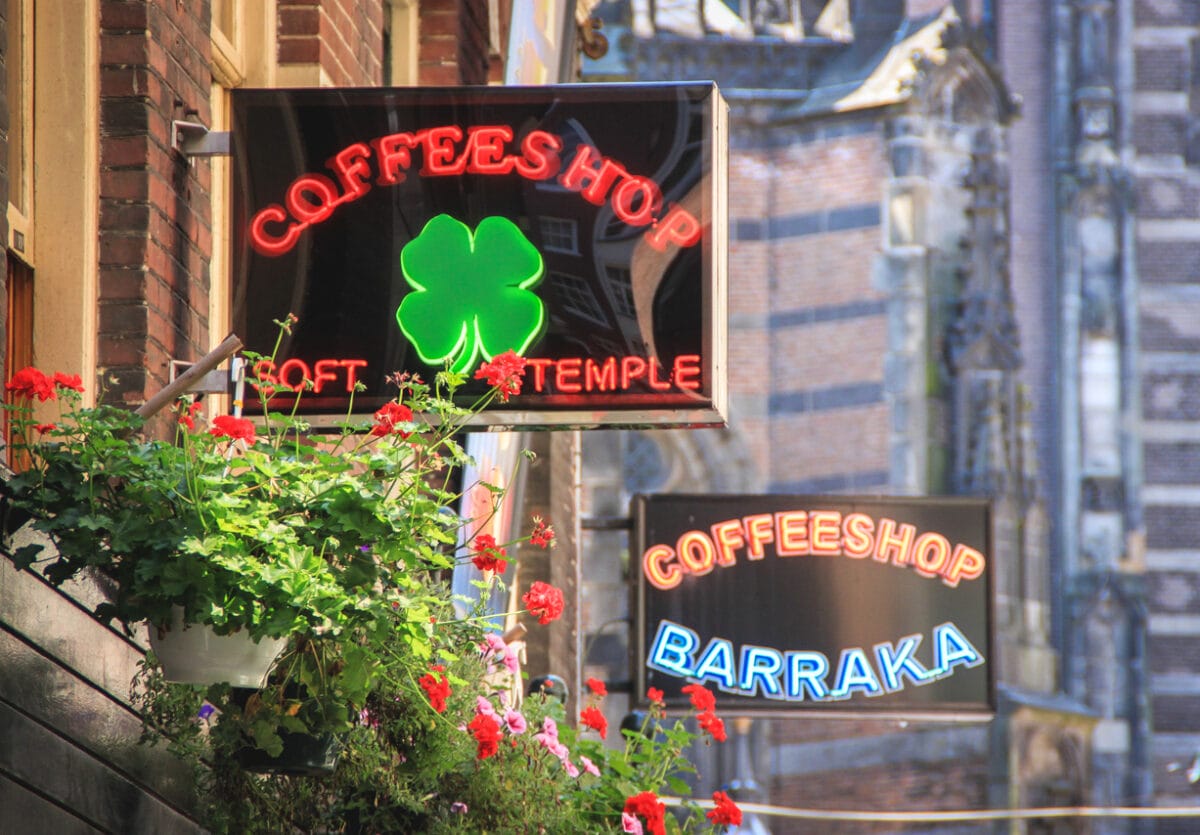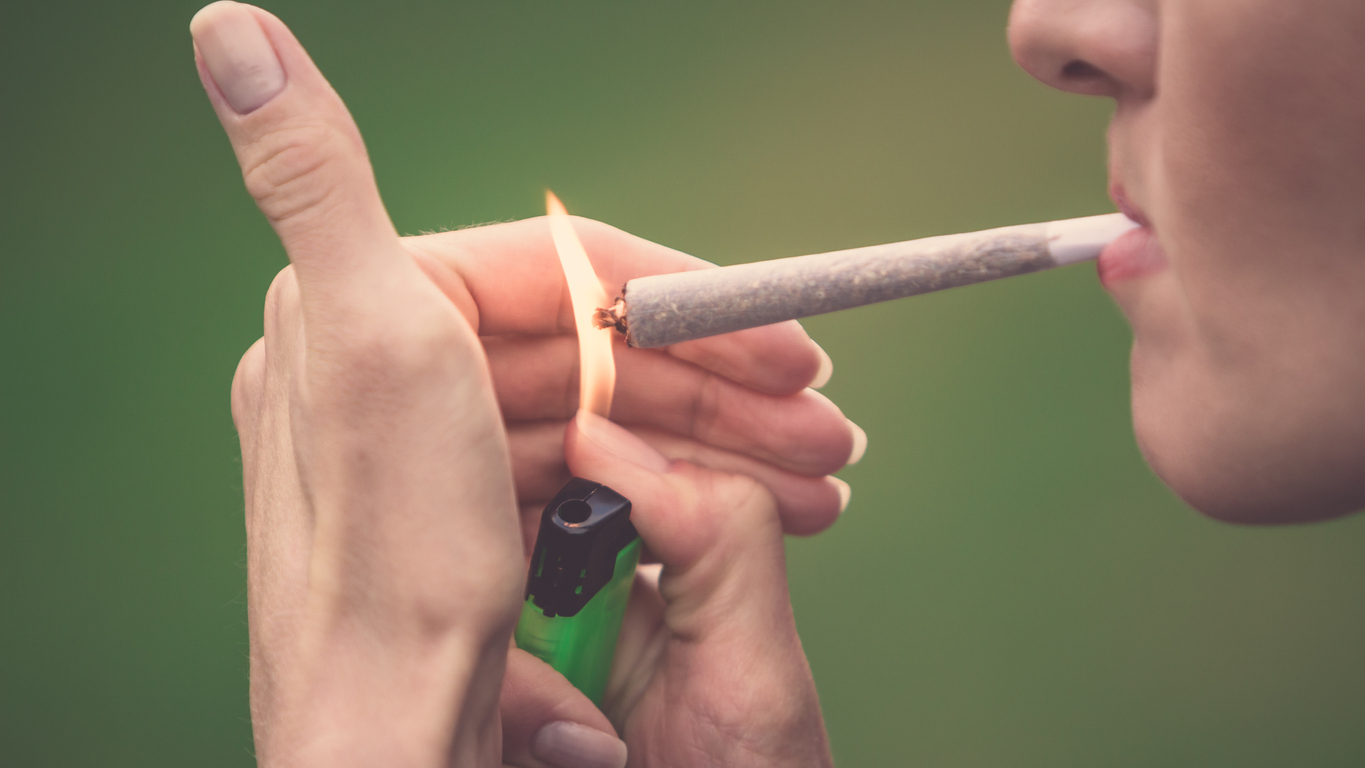The Scottish Government last week called on the UK to allow it to decriminalise drug possession.
In a reform paper, drugs and alcohol policy minister, Elena Whitham, asked the UK Government to either devolve powers over drugs to the Scottish Parliament or alter its drug laws to allow for decriminalisation of personal use. This was quickly rejected by Downing Street, with a spokesperson for prime minister Rishi Sunak saying he was not planning to change the UK Government’s “tough stance” on drugs.
Ferret Fact Service took a look at the approach and what different drug policies have been put in place across the world.
What does the Scottish Government want?
In the report published on 7 July, the Scottish Government set out a potential new drugs policy, either through reform of the UK’s laws or devolution of powers to the Scottish Parliament.
The paper says that current UK Government drug policy “inhibits a public health approach” to drug use and that the Scottish Government’s ambition to change its approach is “limited by the UK’s legal framework within which it must currently operate”.
The new approach would see a review of drug classification, to see whether it is in line with “scientific consensus of their harm, rather than cultural norms or political discourse”.
Supervised drug consumption facilities are a long-held ambition of Scottish ministers, and the policy paper calls for a statutory framework to allow these centres to operate legally in Scotland.
The report also calls for a drug checking network, which was piloted in the UK previously. The first Home Office licensed drug checking service opened in Bristol in 2022. Whitham’s report seeks clarification in the law to provide legal drug paraphernalia legally.
Central to the policy paper, and the focus of media scrutiny, is the call for decriminalisation of drugs for personal use. The report states that much of Scotland’s drug use is hidden, and “illegality contributes to the stigma and discrimination people face”.
It goes on to say that punishing people with addictions to illegal drugs “isolates them, resulting in further significant harms for both them and their communities”.
What is decriminalisation?
Decriminalisation is different to legalisation of drugs. In places where decriminalisation is in place criminal charges don’t apply, usually for personal use or cultivation. However the drug is technically still illegal and it is an offence to possess or supply it. Often decriminalisation means that police either do not enforce possession or consumption laws under a certain threshold, or those who are caught in possession of drugs are not subject to criminal convictions. Alternatives may include small fines or confiscation, or referrals to treatment for addiction.
Legalisation means the drug is no longer illegal to sell or consume, and is sold through licenced shops. This also means the supply is taxed and the production is required to follow legal regulations set by the state or local government.
Where else has decriminalisation and legalisation been put in place?
Portugal
Portugal began the decriminalisation of possession for all drugs for personal use in 2001. If a person is caught with an amount which police deem to be for personal use (usually up to ten days’ worth), it can be confiscated and you could be fined. But the country’s dissuasion commissions – the panels responsible for implementing decriminalisation in Portugal – will likely suspend any punishment.
The panels are more likely to offer drug safety information and give voluntary treatment referrals for those who may have addiction issues. The country has widespread harm-reduction programmes, providing clean needles and other equipment for drug use along with access to safer injecting spaces, and has increased investment in drug treatment.
Netherlands
Soft drug possession in the Netherlands has been de facto decriminalised for personal use. Cultivation of cannabis for personal use is also decriminalised.
The use of drugs by people over 18 is not a criminal offence, and in practice, the possession of small quantities of soft drugs is tolerated.
Cannabis can be sold in the country’s ‘coffee shops’, despite technically being illegal, without prosecution.
Possession of ‘hard’ drugs such as heroin, cocaine, and ecstasy can be prosecuted by Dutch authorities, with the government attempting to separate the market between ‘hard’ and ‘soft’ drugs to reduce criminalisation and associated harms.

Spain
In Spain, possession is considered an administrative offence in a public place or establishment, but personal use in one’s own home is technically legal.
Cannabis clubs have widely spread across parts of Spain, which operate in a legal grey area. The membership-based, self-sustained, not-for-profit and relatively small cooperatives are for the growing and sharing of cannabis for personal use.
Thresholds for personal use have been set out by the Spanish supreme court, but they are not legally binding rules.
Public possession can incur fines ranging from €601 to €30,000. For those under 16, fines can be suspended if they agree to attend drug treatment.
Malta
Malta has a combination of decriminalisation and legalisation of drug use. It was the first country in Europe to legalise cannabis for personal use at home.
Up to 7g of cannabis is not an offence, while possession of other drugs and cannabis over the legal limit is subject to a police fine. Cultivation of up to four cannabis plants at home is also allowed.
Personal possession beyond those limits is considered a criminal offence.
Luxembourg
Cannabis cultivation and possession for personal use was legalised in Luxembourg in 2023. Plants can only be grown from seed and the law states they must not be visible from public spaces.
Consumption of cannabis in private has also been legalised, and possession that does not exceed 3g could lead to a fine of between €25 and €500.
A simplified criminal procedure is introduced for adults, whose possession and possession in public, as well as transport and acquisition, does not exceed three grams of cannabis. Public consumption remains prohibited.
Use of other drugs remains illegal and punishable by fines or prison sentences.
Canada
In 2018 Canada passed legislation allowing adults to possess up to 30 grams of legally-produced cannabis. Four cannabis plants per household are allowed though licensed production of cannabis is controlled by the federal government.
More recently British Columbia successfully applied for an exemption from Health Canada to the country’s Controlled Drugs and Substances Act, effective from January 31, 2023, in response to a rapid increase in the number of people dying of drug overdoses.
It allows adults over 18 to be in possession of up to 2.5 grams of illegal drugs without being prosecuted, including opioids such as fentanyl and heroin, crack and powdered cocaine, methamphetamine and MDMA.
Critics have argued that the amount is set too low to be effective, particularly in the face of a toxic drug supply that is largely contaminated by fentanyl.
Toronto Public Health is currently in the process of applying for an exemption from health authorities.
Photo credit: iStock/Alina Rosanova














